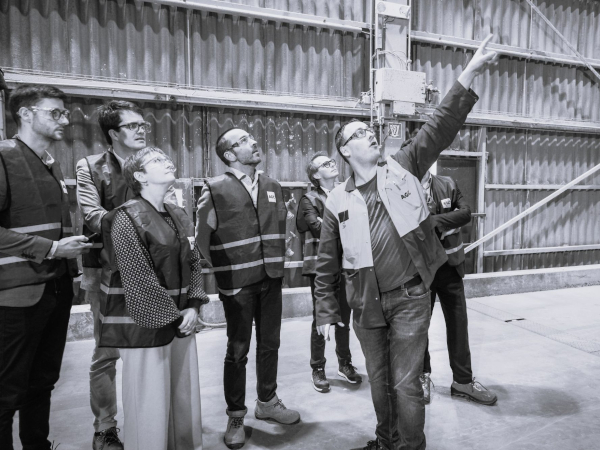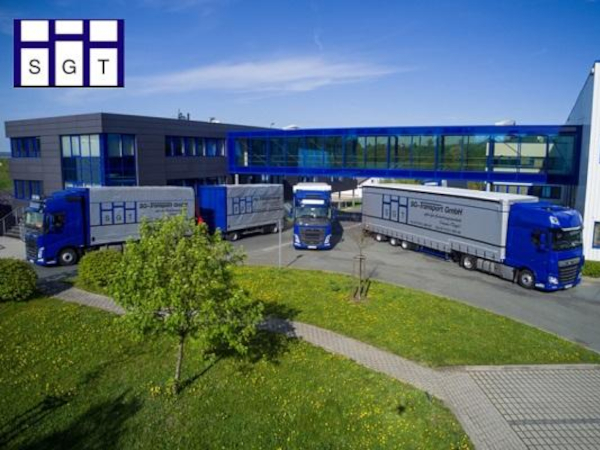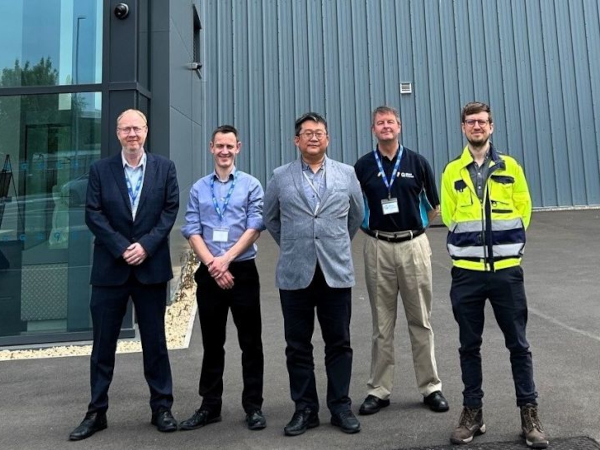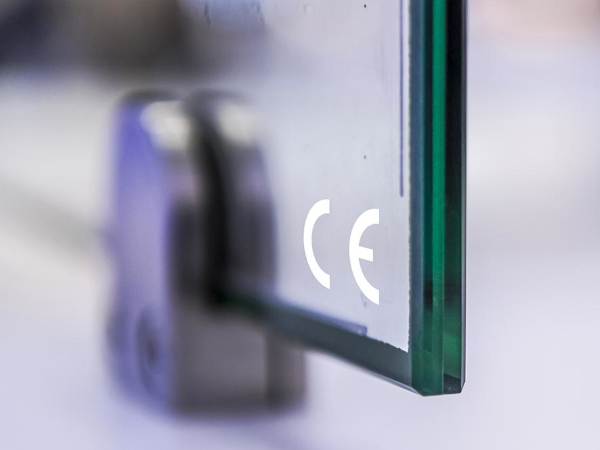Date: 14 April 2008
This 40 m tall structure (total surface area: 20,000 m2) shows that it is possible to perfectly combine contemporary architecture and environmental sustainability in Beijing. AGC Flat Glass Europe has made an active contribution to developing the façade systems for the SIEEB by providing technical support for the project and supplying glass for use in its construction. One product used for this project is Stopray Elite, a high-quality ‘magnetron-coated’* glass that has proven to be the perfect solution for this complex project.
The SIEEB is the headquarters of a Chinese-Italian training and research centre for environmental protection and energy conservation. The building, with its impressive transparent walls, is a fine example for China of low environmental impact construction. The result of close cooperation between Italian engineers, architects and researchers, the SIEEB makes full use of the most advanced technology the construction sector has to offer.
The SIEEB project, the brainchild of famous Italian architect Mario Cucinella, has an incredibly light and transparent architectural profile. Cucinella created this effect using a complex system of façades in single and double-skin glass, depending on their exposure.
Throughout the development stage, he focused on designing the façade systems. Several different glass solutions were devised with a view to optimising light and energy transmission. The south façade features a single-skin glass system that capitalises on the transparency of Stopray Elite glass (LT = 66%). The low solar factor of Stopray Elite (40%) ensures that the building’s users are protected from the sun, while photovoltaic panels and tile overhangs provide shade. A different system was implemented for the inner façade, which does not have any terraces. It uses a dynamic system of transparent blinds made with Stopsol reflective pyrolytic glass*. The east and west façades, however, feature a double-skin system. The internal cladding was also made with Stopray glass, while silk-screen printed float glass was used for the external cladding.
AGC Flat Glass Europe contributed its solar control technology and know-how to this project. In doing so it helped the SIEEB - a prototype for low environmental impact construction – set a shining example for the entire construction industry.
* Soft or magnetron coating: applied to cold glass off-line via vacuum magnetron sputtering. This technique is performed in special chambers called magnetrons and can be used to manufacture a wide range of high-performance products.
* Hard or pyrolytic coating: applied to hot glass (float glass, on-line) at 600°C using two special techniques: liquid mixture spraying and gas mixture spraying (chemical vapour deposition). AGC Flat Glass Europe uses these two processes to develop glass products with a variety of characteristics.
INFORMATION SHEET:
Sieeb (Sino-Italian Ecological Energy Efficient Building)
Beijing (China)
Principals:
Italian Ministry of the Environment, Land and Sea
Ministry of Science and Technology of the People’s Republic of China
Architect: :
Mario Cucinella Architects (M. Cucinella, E. Francis, D. Hirsch, G. Altieri)
Bologna
Engineering:
Favero & Milan Ingegneria (S. Favero, F. Zaggia, G. Lenarduzzi, L. Nicolini)
China architecture Design and Research Group
Project leader:
Politecnico di Milano
Building, Environment, Science and Technology Department (F. Bufera)
--------------------------------------------------------------------------------
AGC Flat Glass Europe, a European leader in flat glass
AGC Flat Glass Europe (formerly Glaverbel) makes and processes flat glass for the construction industry (exterior glazing and interior decorative glass) and specialist sectors. Based in Brussels, Belgium, it is the European branch of AGC Flat Glass, the world’s leading producer of flat glass.
Its baseline – ‘Glass Unlimited’ - reflects the possibilities and scope offered by:
glass as a material that meets a growing range of requirements (comfort, energy control, health & safety, appearance);
its production facilities comprising 18 float glass plants and some 100 processing units located throughout greater Europe, from Spain to Russia;
its worldwide marketing network;
its new applications resulting from ongoing R&D in advanced glass technology;
the resources of its personnel motivated by a shared desire for excellence.
AGC Flat Glass Europe currently employs around 10,700 people.
For more information, go to http://www.agc-flatglass.eu (corporate site) and http://www.yourglass.com (site specifically for construction glass).
This press release is available on http://www.agc-flatglass.eu. Images can be downloaded from www.agc-flatglass.eu.









Add new comment